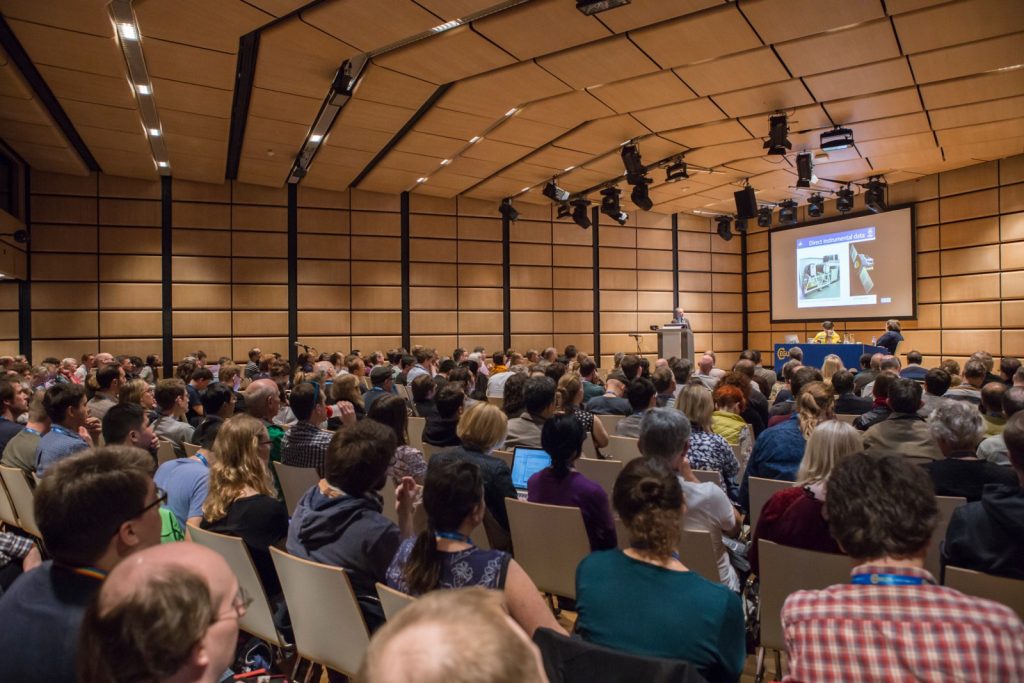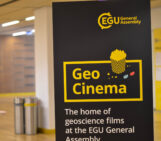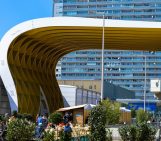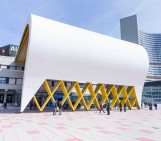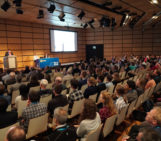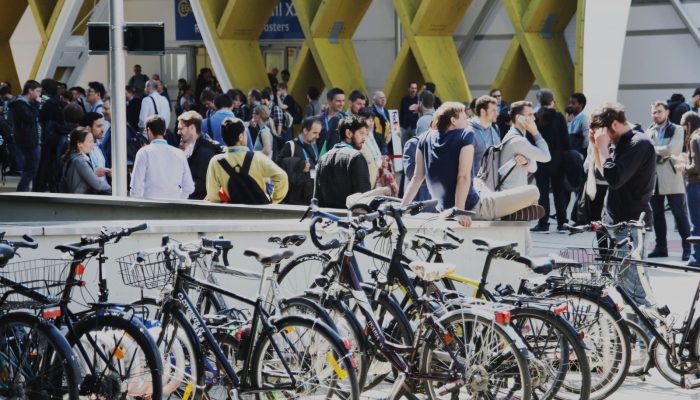
The conference is coming to a close and there’s still an abundance of great sessions to attend! Here’s our guide to getting the most out of the conference on its final day. Boost this information with features from EGU Today, the daily newsletter of the General Assembly – download it here.
Union-wide sessions
The final day of the conference kicks off with the last two Union sessions. The first session, Mountain Building, Volcanism, Climate and Biodiversity in the Andes: 250 years after Alexander von Humboldt (US2: 08:30–12:15 in Room E1), pays tribute to the 250th anniversary of the birth of Alexander von Humboldt (1769-1859), the intrepid explorer of the Andes and other regions in the world, and the most famous scientist of his time. This symposium will recognise Alexander von Humboldt’s legacy by reviewing the state-of-the-art studies of the coupled lithosphere – atmosphere – hydrosphere – biosphere system with a focus on the Andean mountain belt.
The second and last Union session will focus on Past and future tipping points and large climate transitions in Earth history (US3: 16:15–18:00 in Room E1), The aim of the session is to point out the most recent results concerning how a complex system as the climate of the Earth has undergone many tipping points and what is the specificity of the future climate changes. You can follow both sessions on twitter #EGU19US if you’re not attending, tune in with the conference live stream.
Medal lectures
Be sure to also attend the last two medal lectures of the assembly:
- High fidelity astrochronology and quantitative integrated stratigraphy through Earth history (MAL42/SSP) SSP Division Outstanding ECS Lecture by Christian Zeeden, 10:00–10:15 / Room -2.32
- Variations in the rate of net community production in the global oceans (MAL1/AS/CL/HS/OS) Alfred Wegener Medal Lecture by Michael L. Bender, 12:45–13:45 / Room E1
Short courses
The last leg of short courses offers insight into new technologies, tips for publishing your work, and advice on how to develop your career and engage with the public. Here are a few of the short courses you can check out today:
- Open publishing with EGU (SC1.52) 10:45–12:30 / Room -2.16
- Visualizing Science (SC2.7) 10:45–12:30 / Room -2.62
- Social Science methods for natural scientists (SC1.48) 14:00–15:45 / Room -2.31
- Science communication on hard mode: risk, uncertainty, disasters and controversies (SC2.8) 14:00–15:45 Room -2.16
- Tales from the IPCC: From research to report (SC3.11) 16:15–18:00 / Room -2.62
Scientific sessions
The four final inter- and transdisciplinary events also take place today, covering all sorts of interesting topics, from climate sciences to geodiversity and geoheritage. Here are the last cross-disciplinary events:
- Citizen Science and Open Science: bridging the science-society-gap by finding emerging environmental issues and empowering citizens (ITS3.1) Orals: 08:30–12:30 / Room N1; Posters: 14:00–15:45 / Hall X1
- Climate Services – Underpinning Science (ITS3.7) Orals: 14:00–15:45 / Room N1; Posters: 08:30–10:15 / Hall X5
- Geodiversity and Geoheritage (co-sponsored by JpGU) (ITS3.9) Orals: 14:00–18:00 / Room N1; Posters: 08:30–10:15 / Hall X2
- Geo-hazard and risk assessment and mitigation in economically developing countries: Challenges and opportunities for innovation (ITS3.3) PICO: 14:00–15:45 / PICO spot 4
It’s your last chance to make the most of the networking opportunities at the General Assembly, so get on down to the poster halls and strike up a conversation. If you’re in the queue for coffee, find out what the person ahead is investigating – you never know when you might start building the next exciting collaboration! Here are some of today’s scientific highlights:
- History of Hydrology (HS1.2.3) Orals: 8:30–10:15 / Room C; Posters: 14:00–15:45 / Hall A
- Mountain Glaciations and their diversity – Glacial landforms and their palaeoclimatic interpretation (GM9.1) Orals: 10:45–12:30 / Room G2
- The global monsoons in current, future and palaeoclimates and their role in extreme weather and climate events (AS1.34) Orals: 14:00–15:45, 16:15–18:00 / Room 0.49; Posters: 10:45–12:30 / Hall X5
- Oceanic and continental transform faults: towards a multi-disciplinary approach (TS8.1) Orals: 8:30–10:15 / Room K2; Posters: 14:00–15:45 / Hall X2
Today we also announce the results of the EGU Photo Competition! Keep an eye on EGU’s blog and social media pages to find out who the winners are.
What have you thought of the Assembly this week? Let us know at www.egu2019.eu/feedback and help make EGU 2019 even better.
We hope you’ve had a wonderful week and look forward to seeing you in 2019! Join us on this adventure in Vienna next year, 3–8 May 2020.

